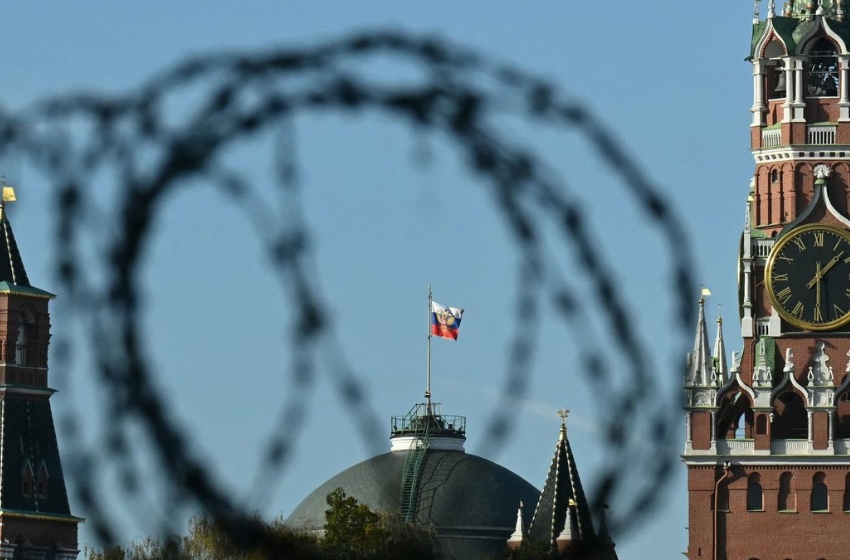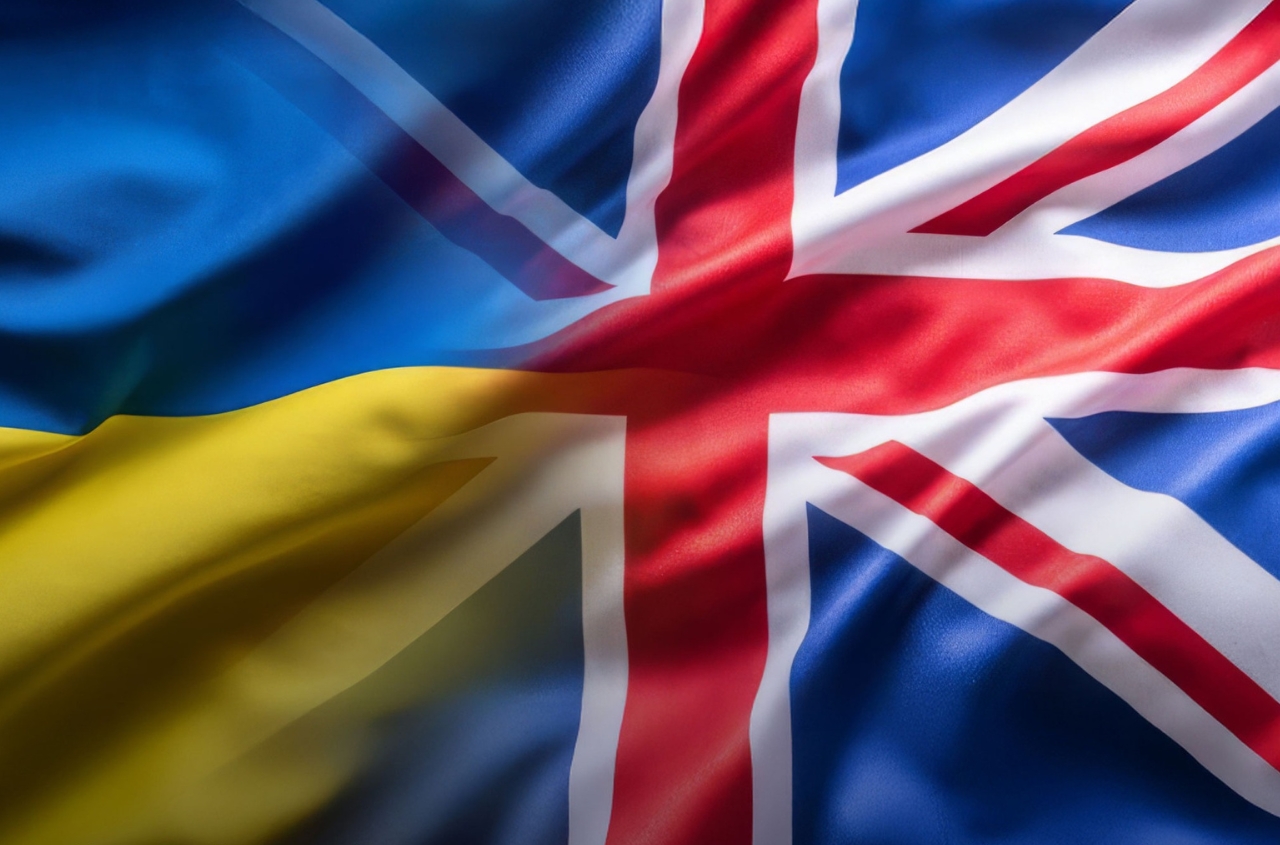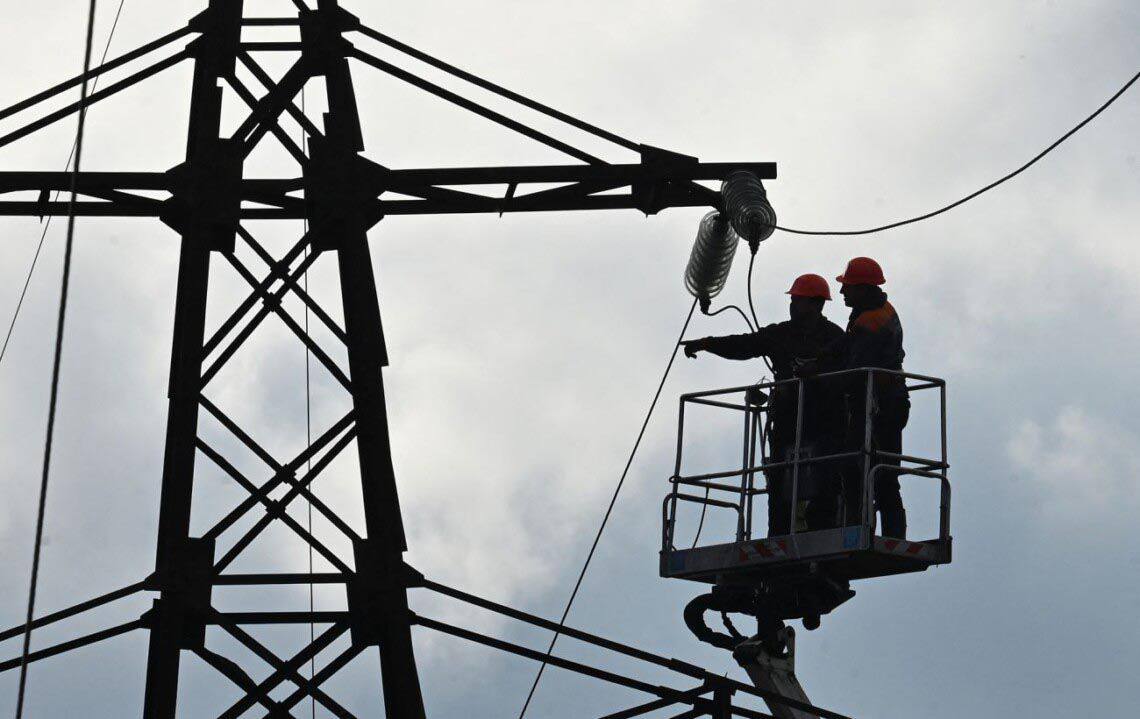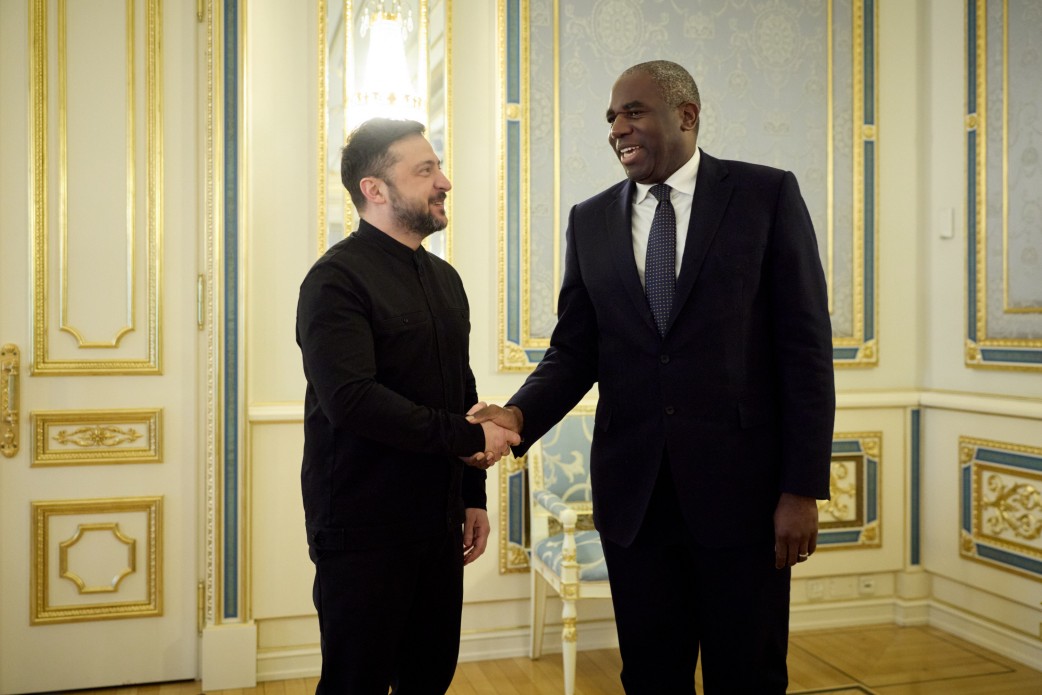Vladimir Putin is increasing pressure on critics of the regime: on Monday, he signed a series of laws that further intensify the persecution of dissent in Russia, as reported by Delfi.
The new package of repressive measures introduces criminal liability for discrediting the Russian army, as well as for publicly calling for international sanctions against the country.
The legislation places special emphasis on cooperation with international organizations that Russia is not a member of. Providing assistance to such organizations is now considered a crime. This includes, for example, the International Criminal Court, which issued an arrest warrant for Putin in 2023. Those who provide such assistance as part of their professional activities may also be prosecuted.
Another law targets "foreign agents"—a term that the Kremlin has long used to pressure critics of Russia's war against Ukraine and the regime in general. They are now prohibited from engaging in any educational activities and from joining the boards of state-owned companies. The definition of a foreign agent now also includes anyone who cooperates with international organizations that oppose Russia or support sanctions.
Since the adoption of the first law on foreign agents in 2012, authorities have continually expanded its application. Holders of this status are required to label their public statements with a special marking, damaging their reputation. In recent years, the pressure has intensified: such media outlets have been banned from placing advertisements, and creative professionals have been prohibited from receiving full payment for their work.
Currently, around a thousand individuals and organizations, including well-known musicians, writers, and journalists, are listed in the "foreign agents" registry. Many of them have been forced to leave the country, often hastily, leaving behind property in Russia. The new law also provides for the confiscation of their property in the event of a conviction on the relevant charges.
Thus, the Kremlin continues to expand its tools of pressure, aiming to completely cleanse the public space of any signs of dissent.





















